Haryana Switch to Hindi
Haryana’s First ‘Drone Didis’
Why in News?
Recently, Sharmila and Himanshi, have become Haryana’s first ‘Drone Didis’. They inspire other women and girls while empowering rural communities through their contribution to agriculture.
Key Points
- Drone Didis initiative was launched by the PM on November 30, 2023 after his interaction with women beneficiaries of the Viksit Bharat Sankalp Yatra.
- It aims to provide drones to 15,000 women Self Help Groups (SHGs) in the next two years to be rented out to farmers for agricultural purposes.
- The women beneficiaries are trained to become drone pilots under the initiative.
- The trained women drone pilots will help farmers in various agricultural operations like fertiliser spraying, sowing seeds and crop monitoring. This will help rural women generate income by utilising their skills.
- The initiative intends to modernise Indian agricultural practices and enhance productivity by placing cutting-edge technology at the disposal of rural women.
- The scheme will cover 15,000 women SHGs, to be identified from among 89 lakh SHGs formed under the Centre’s Deendayal Antyodaya Yojana, and will provide them a sustainable business model and livelihood support.
- The Centre will provide each SHG identified a subsidy up to 80% towards the cost of a drone or a maximum of Rs 8 lakh. It is expected to generate an additional income of about Rs 1 lakh per head for them.
Self-Help Groups (SHGs)
- These are informal associations of people who choose to come together to find ways to improve their living conditions.
- The genesis of SHG in India can be traced to the formation of the Self-Employed Women’s Association (SEWA) in 1970.
- The SHG Bank Linkage Project launched by National Bank for Agriculture and Rural Development (NABARD) in 1992 has blossomed into the world’s largest microfinance project.
- NABARD alongwith RBI permitted SHGs to have a savings account in banks from the year of 1993. This action gave a considerable boost to the SHG movement and paved the way for the SHG-Bank linkage program.
- In 1999, Government of India, introduced Swarn Jayanti Gram Swarozgar Yojana (SGSY) to promote self-employment in rural areas through formation and skilling of SHGs.
- The programme evolved as a national movement in 2011 and became National Rural Livelihoods Mission (NRLM) – world’s largest poverty alleviation programme.
- Today, State Rural Livelihood Missions (SRLMs) are operational in 29 states and 5 UTs (except Delhi and Chandigarh).
- NRLM facilitated universal access to the affordable cost-effective reliable financial services to the poor like financial literacy, bank account, savings, credit, insurance, remittance, pension and counselling on financial services.
Deendayal Antyodaya Yojana - National Livelihoods Mission (NRLM)
- It was launched by the Ministry of Rural Development (MoRD), Government of India in 2011.
- The Mission aims at creating efficient and effective institutional platforms for the rural poor enabling them to increase household income through sustainable livelihood enhancements and improved access to financial services.
- It lays special emphasis on targeting the poorest of the poor and the most vulnerable communities and their financial inclusion.
- It provides for mutually beneficial working relationships and formal platforms for consultations between Panchayati Raj Institutions (PRIs) and Community Based Organisations (CBOs).
Haryana Switch to Hindi
PM Inaugurates Dwarka Expressway in Haryana
Why in News?
Recently, Prime Minister Narendra Modi inaugurated the Haryana segment of the first-ever 8-lane section of the Dwarka Expressway.
Key Points
- This newly constructed 19 km stretch, completed at a cost of Rs 4,100 crore, is designed to enhance traffic flow and alleviate congestion on National Highway (NH)-48, providing smoother connectivity between Delhi and Gurugram.
- The inaugurated segment covers a distance of 10.2 km from the Delhi-Haryana Border to Basai Rail-over-Bridge (ROB) and an additional 8.7 km section from Basai ROB to Kherki Daula.
- This roadway establishes a direct link between the Indira Gandhi International (IGI) Airport in Delhi and the Gurugram Bypass.
- Key things about Dwarka Expressway:
- The Dwarka Expressway, designed with a budget of Rs 9,000 crore, is segmented into four parts.
- Gurugram houses the third and fourth sections, covering approximately 19 km, while the first two segments, totaling 10 km, are situated in Delhi.
- It stands out as a fully access-controlled, grade-separated 14-lane Expressway, marking a pioneering initiative in the country.
- According to the National Highways Authority of India (NHAI) the entire project is set to conclude by August 2024.
National Highways Authority of India (NHAI)
- It was set up under NHAI Act, 1988. It is under the administrative control of the Ministry of Road Transport and Highways.
- It has been entrusted with the National Highways Development Project, along with other minor projects for development, maintenance and management.
- National Highways Development Project (NHDP) is a project to upgrade, rehabilitate and widen major highways in India to a higher standard. The project was started in 1998.
- NHAI maintains the National Highways network to global standards and cost effective manner and promotes economic well being and quality of life of the people.









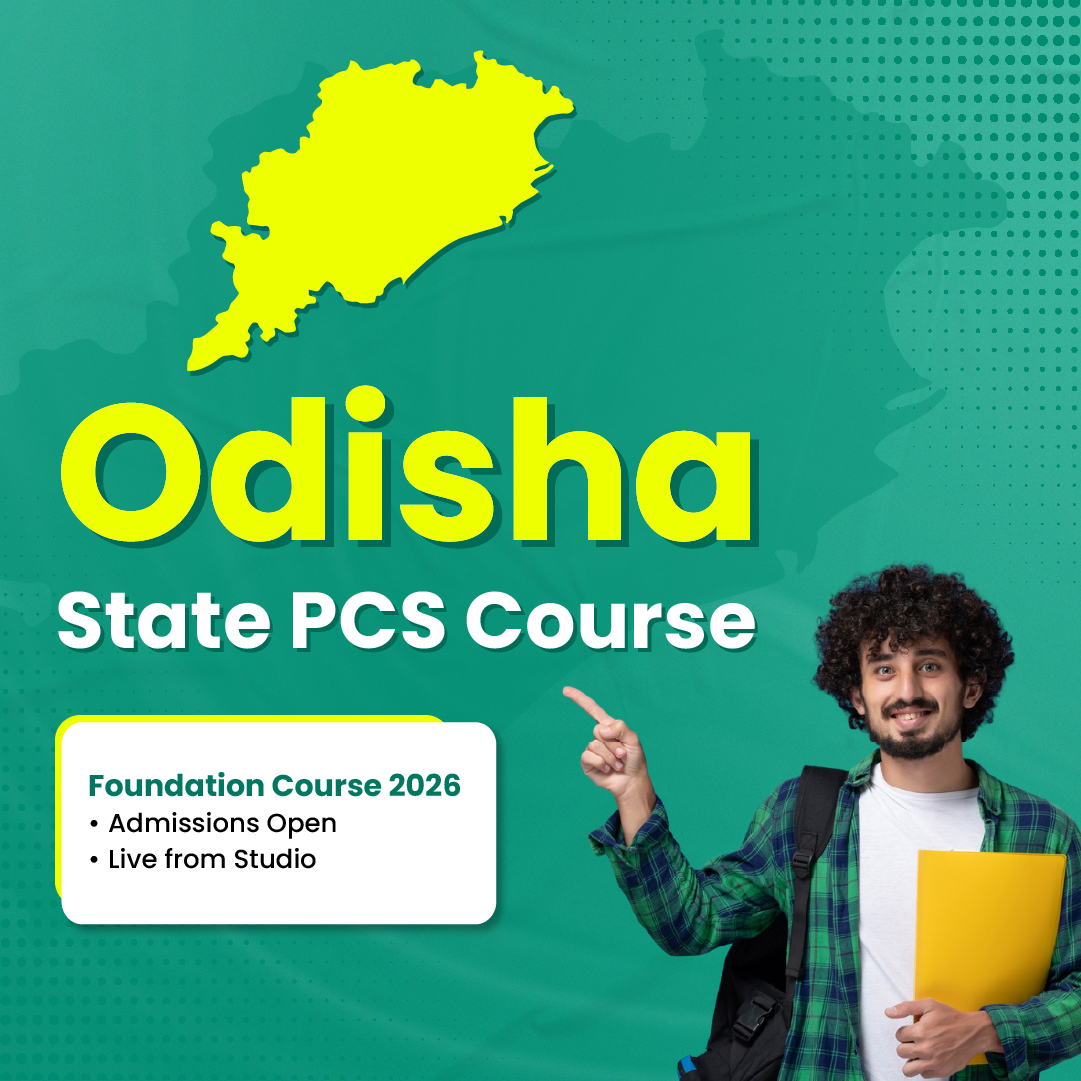

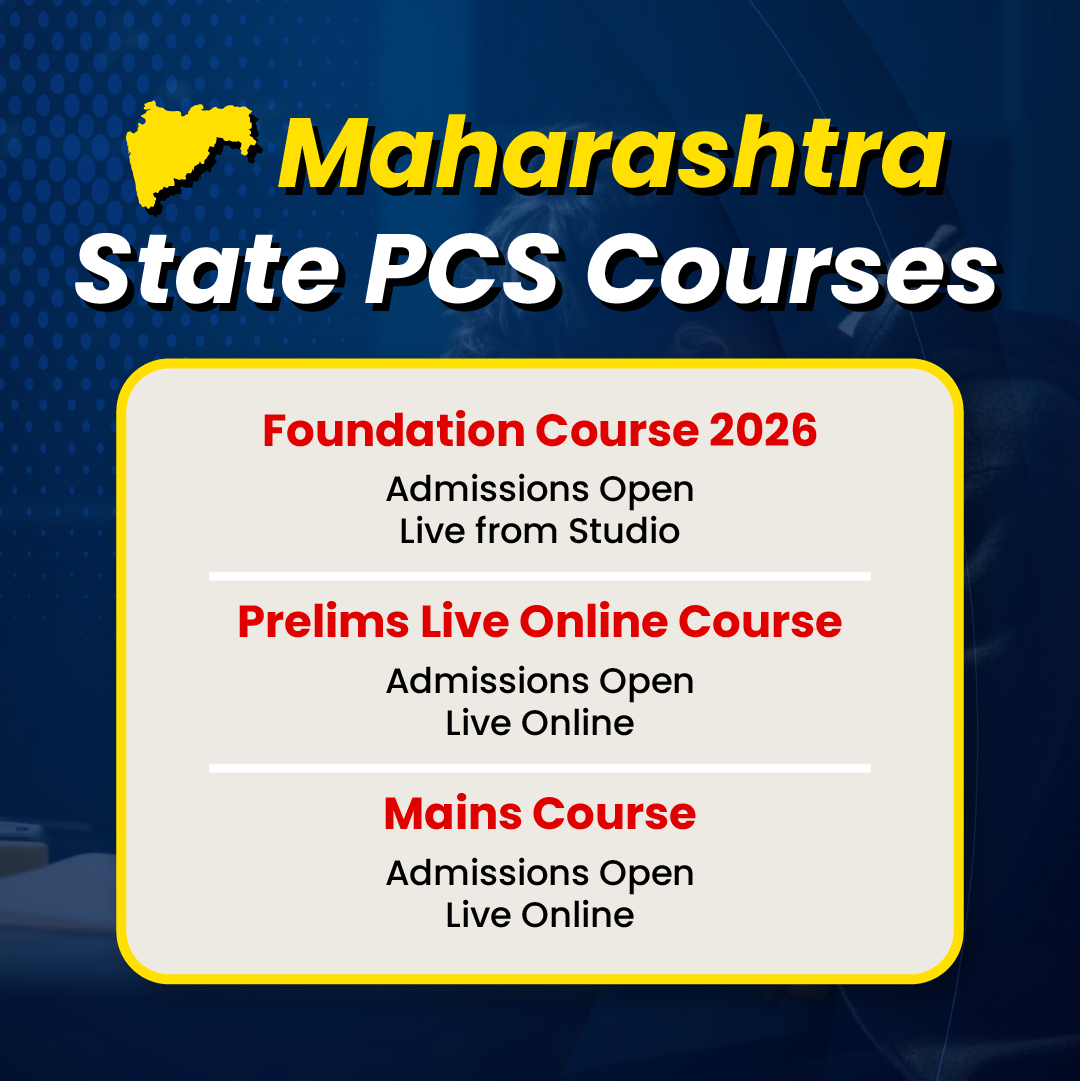



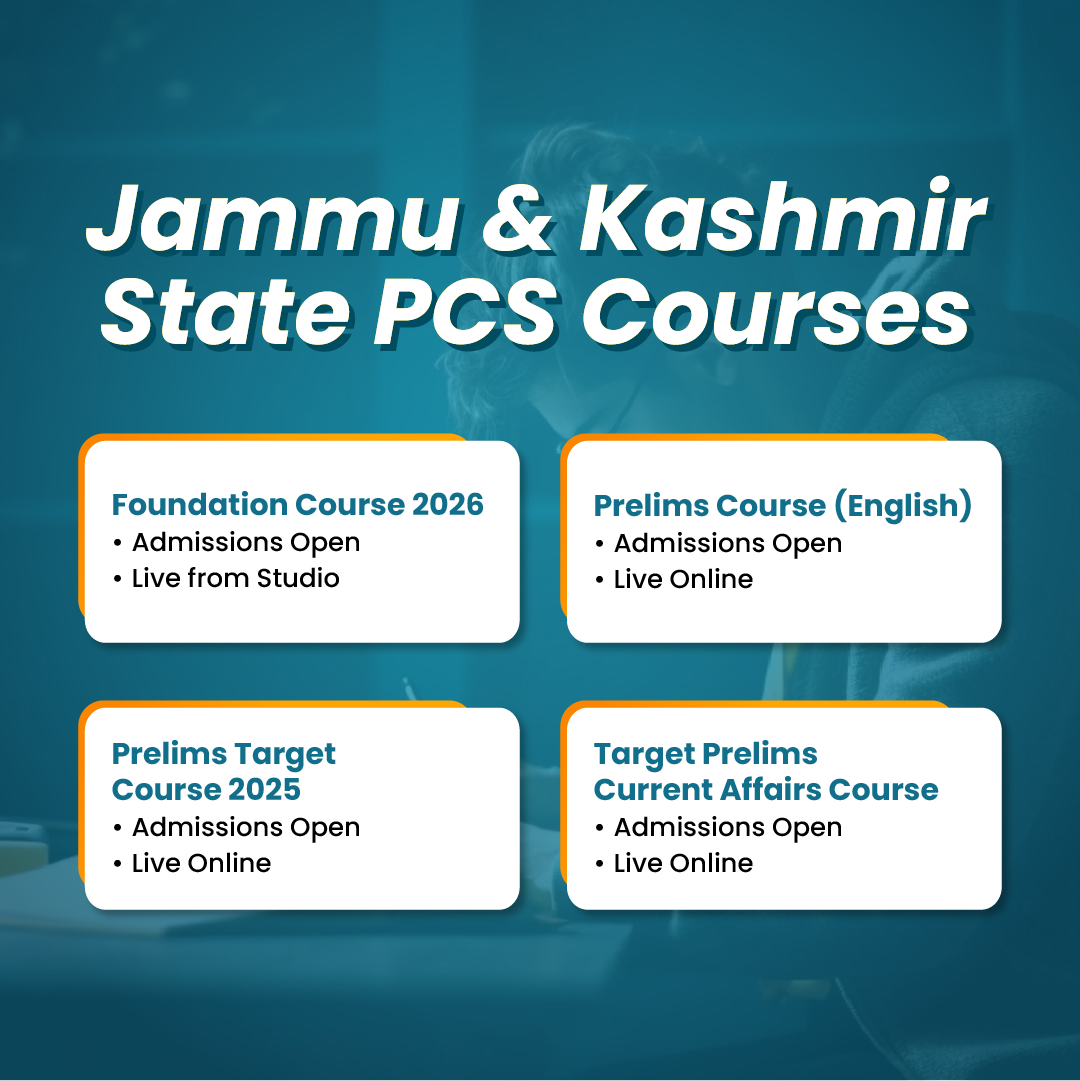





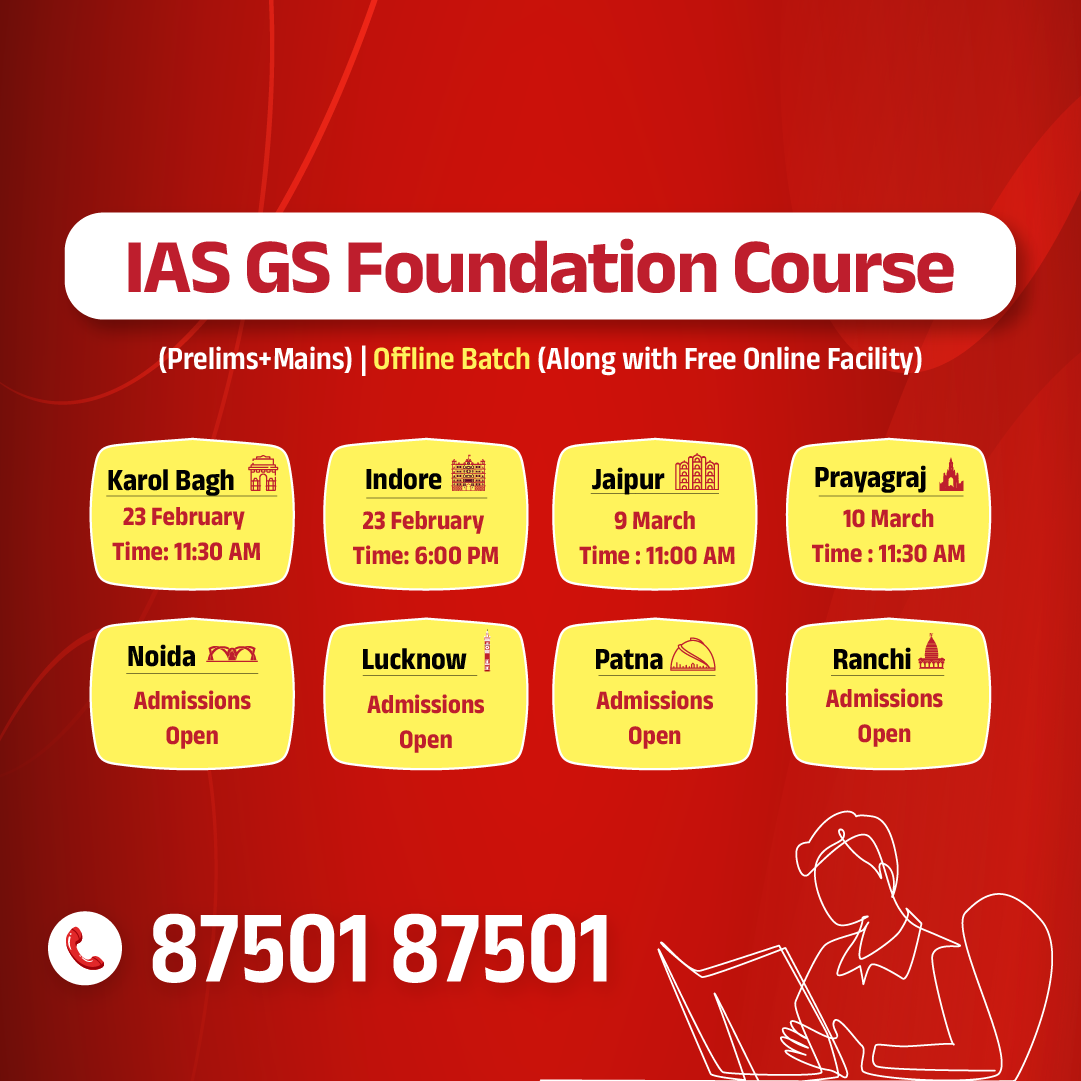
.jpg)




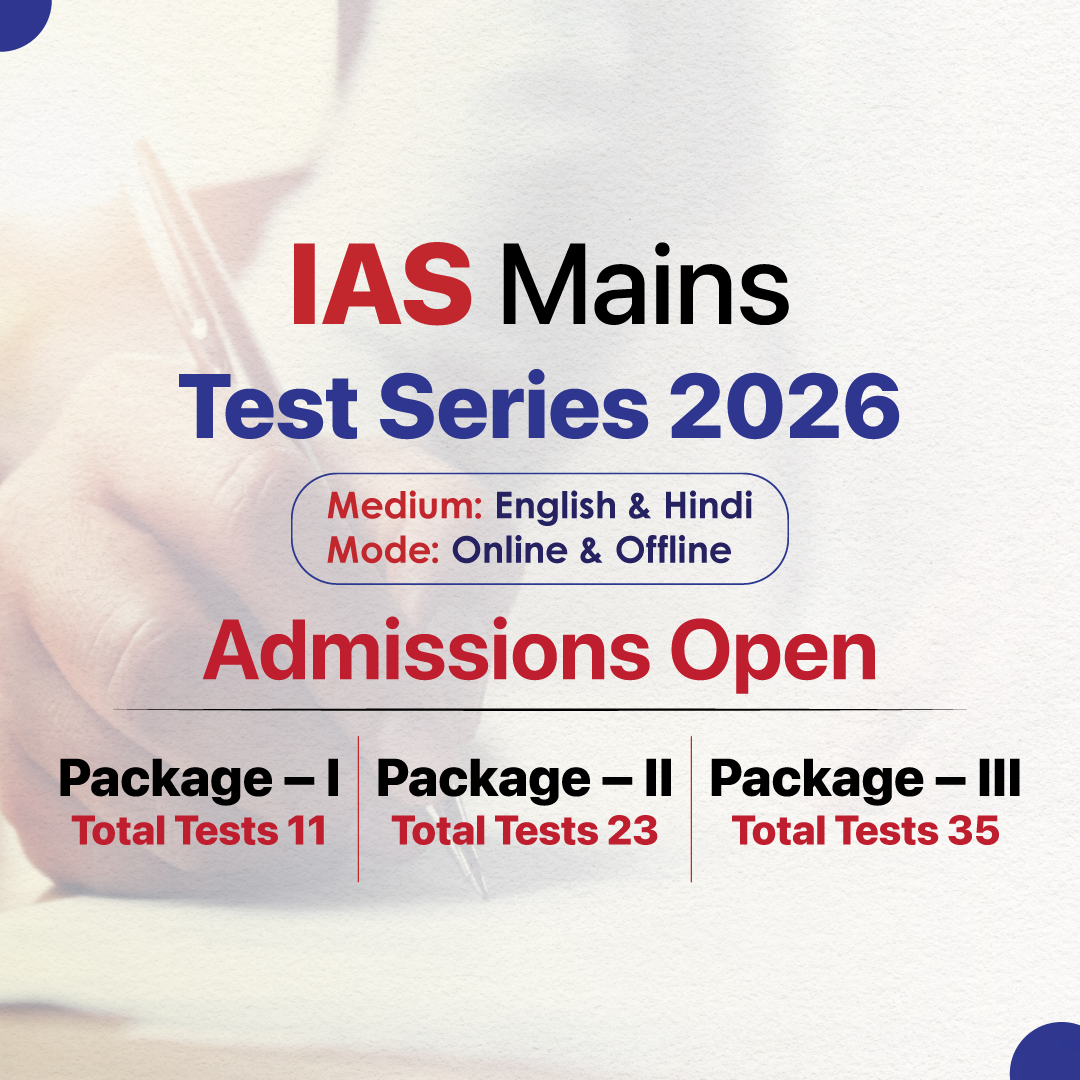


.png)


.jpg)

 PCS Parikshan
PCS Parikshan

